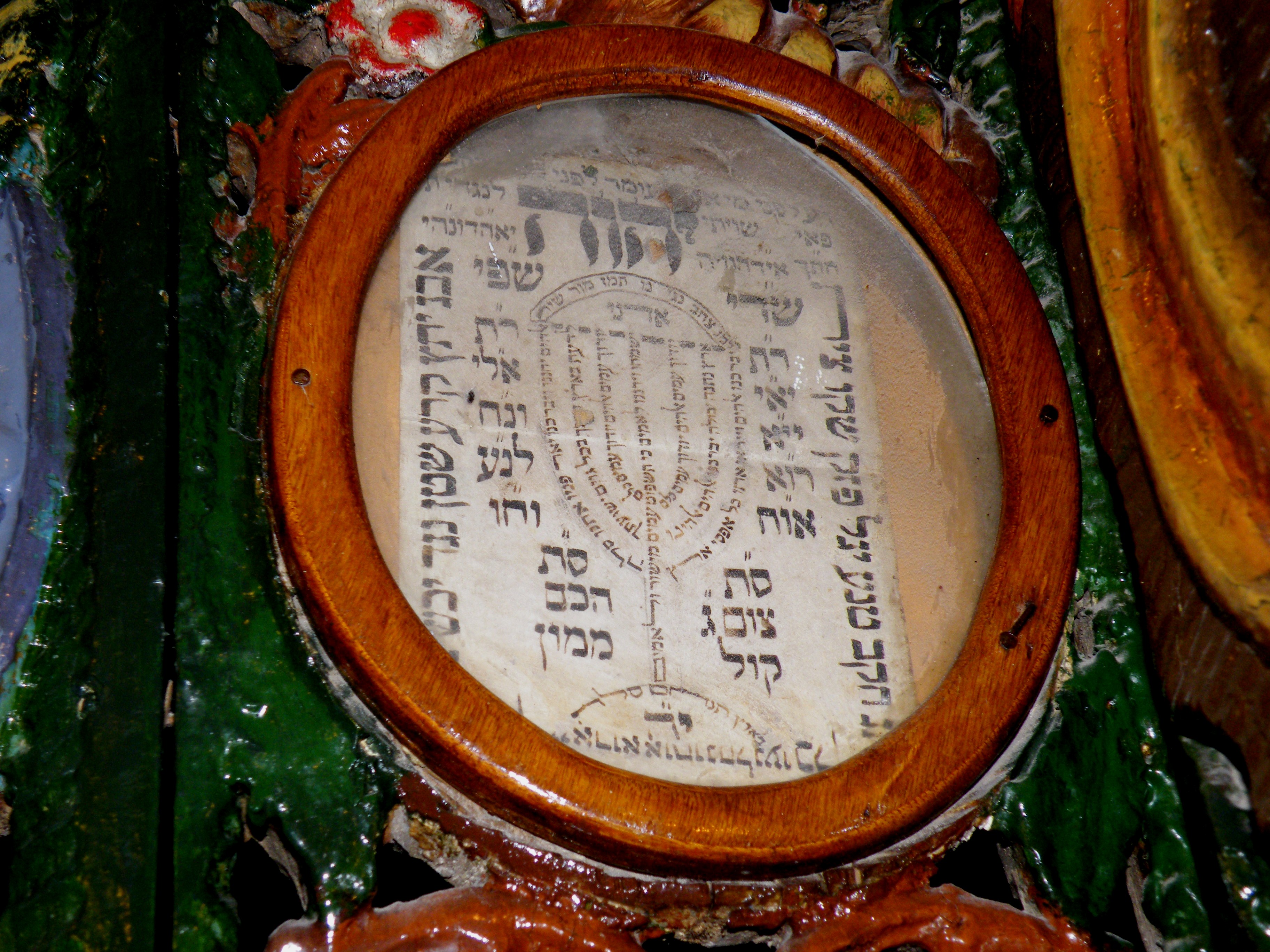|
Kavanot
Kavanah, kavvanah or kavana (also pronounced /kaˈvonə/ by some Ashkenazi Jews) (כַּוָּנָה; in Biblical Hebrew kawwānā), plural kavanot or kavanos (Ashkenazim), literally means "intention" or "sincere feeling, direction of the heart". It is the mindset often described as necessary for Jewish rituals (mitzvot) and prayers. Kavanah is a theological concept in Judaism about a worshiper's state of mind and heart, his or her sincerity, devotion and emotional absorption during prayers. In Hasidic Judaism, a Jewish tradition that emphasizes piety, ''Kavvanah'' is the emotional devotion, self-effaced absorption during prayers rather than a liturgical recitation driven religiosity. In esoteric Jewish mysticism (Kabbalah), ''Kavvanah'' refers to the practice where the devotee concentrates on the secret meanings of prayer letters and words, sometimes referring to the permutations of the divine name. Some kavanot are particular to the tradition of Kabbalah during meditation. ''Ka ... [...More Info...] [...Related Items...] OR: [Wikipedia] [Google] [Baidu] |
Jewish Meditation
Jewish meditation includes practices of settling the mind, introspection, visualization, emotional insight, contemplation of divine names, or concentration on philosophical, ethical or mystical ideas. Meditation may accompany unstructured, personal Jewish prayer, may be part of structured Jewish services, or may be separate from prayer practices. Jewish mystics have viewed meditation as leading to ''devekut'' (cleaving to God). Hebrew terms for meditation include ''hitbodedut'' (or ''hisbodedus,'' literally "self-seclusion") or ''hitbonenut/hisbonenus'' ("contemplation"). Through the centuries, meditation practices have been developed in many movements, including among Maimonideans (Moses Maimonides and Abraham Maimonides), Kabbalists (Abraham Abulafia, Isaac the Blind, Azriel of Gerona, Moses Cordovero, Yosef Karo and Isaac Luria), Hasidic rabbis (Baal Shem Tov, Schneur Zalman of Liadi and Nachman of Breslov), Musar movement rabbis (Israel Salanter and Simcha Zissel Ziv), Conse ... [...More Info...] [...Related Items...] OR: [Wikipedia] [Google] [Baidu] |
